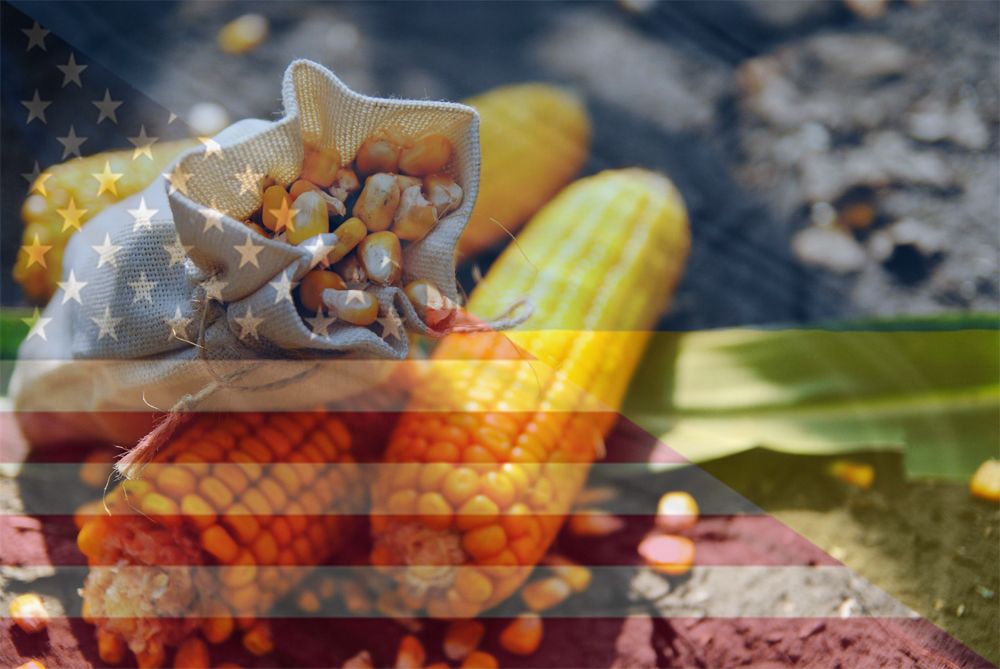NCGA study shows corn’s US economic impact

Corn production in the United States generated an estimated $123 billion in total economic output on the strength of 14.9 billion bushels valued at $64.7 billion in 2024, according to a study conducted by the National Corn Growers Association (NCGA).
Released June 30, the study, titled The Economic Value of Corn Farming in the United States for 2024, noted the contribution of corn farming and its upstream linkages extended across 506 different industry sectors in all 50 states.
Consistently the world’s largest producer and exporter of corn, the value of US corn was lower than in 2023 but remained above the 10-year average of $63 billion, according to the study, while supporting over 440,000 jobs and $29 billion in wages across the country. In total, corn grain farming also resulted in $7.3 billion in tax revenues at federal, state and local levels.
“These findings show that the corn industry is an essential contributor to the nation’s agricultural and economic value chains,” said Krista Swanson, chief economist for the NCGA. “The study demonstrates the positive ripple effect of corn production, vital to a healthy US economy.”
The study was conducted by Swanson using IMPLAN, a regional economic analysis software and data application that is designed to estimate the impact or ripple effect of a given economic activity or the contribution of some existing activity within a specific geographic area.
According to the US Department of Agriculture (USDA), US farmers annually plant on average about 90 million acres of corn, mostly in the country’s heartland. Most of the crop is used domestically as the main energy ingredient in livestock feed and for fuel ethanol production. Corn also is processed for use in food and industrial products such as starch, sweeteners, corn oil and beverage and industrial alcohol.
The NCGA said that given the chance, corn growers could contribute even more to the US economy through year-round sale of fuel with a 15% ethanol blend and access to an aviation fuel tax credit that could be used by ethanol and other biofuels in that sector.
“Corn growers and farmers across the country are clearly helping to propel the US economy,” said Kenneth Hartman Jr., president of the NCGA and an Illinois farmer. “Corn farming’s economic value could be even greater if corn growers were able to fully contribute to the domestic fuel supply via increased ethanol blends and access to additional export markets.”
For almost 30 years of expertise in the agri markets, UkrAgroConsult has accumulated an extensive database, which became the basis of the platform AgriSupp.
It is a multi-functional online platform with market intelligence for grains and oilseeds that enables to get access to daily operational information on the Black Sea & Danube markets, analytical reports, historical data.
You are welcome to get a 7-day free demo access!!!
Read also
Turkish Ports Added to UkrAgroConsult LineUp Reports
Serbia’s autumn-sown wheat area rises 5.2%
Cocoa bean prices are below $4,000 for the first time since 2023, driven by fallin...
Wheat prices remain unchanged for the third week in a row on the CPT Odesa basis
Louis Dreyfus launches new high-oil seed crushing line in Argentina
Write to us
Our manager will contact you soon



